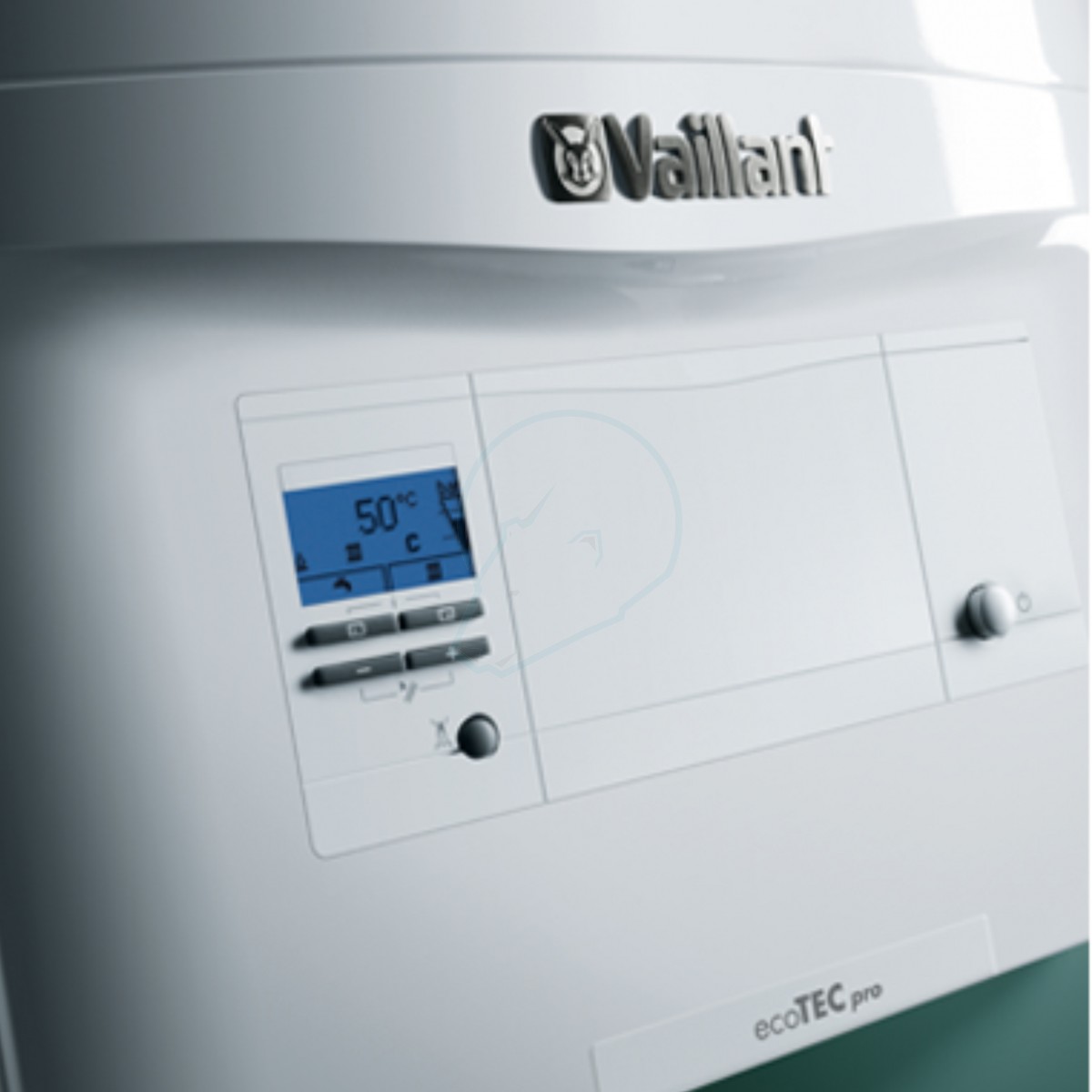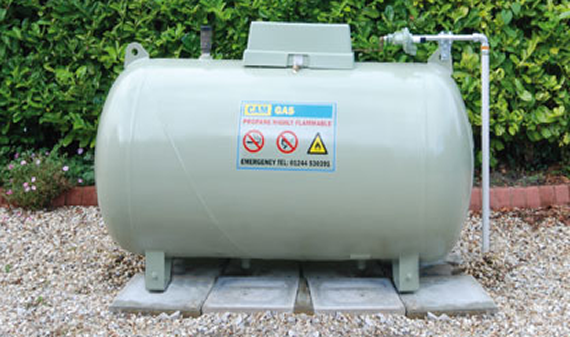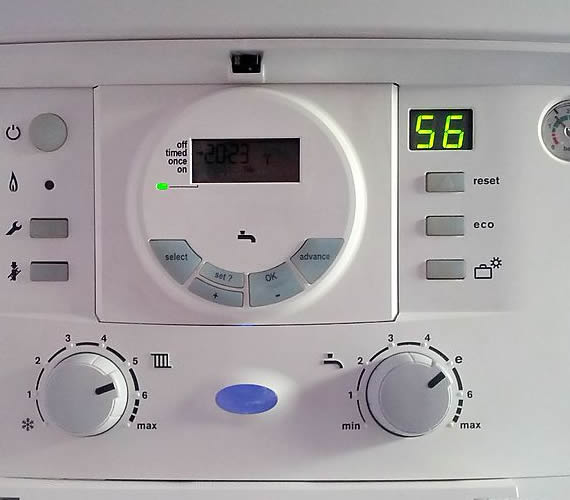Gas Boilers
There is an extensive range of natural gas boilers now available. The price range and length of guarantees can vary dramatically. It therefore pays to do your research.
Understanding which boiler type would best suit your situation is vital. to help you better understand you can read more about new boiler types in our article Boilers Explained.
Be careful however, just because a boiler company historically has a good name it doesn’t mean that all their boilers are the best value. To compete in today’s market a number of manufacturers have launched cheaper models with lesser quality components.
In truth the old maxim of “You get what you pay for”. Still holds good.
We would always suggest you ask your installer to recommend a choice of natural gas boilers with reasons why. It is always better for your installer to supply the boiler. The installer then has a contractual and statutory link with the supplier if there are any problems. Read more about
Natural Gas Boilers .....LPG
Our comments re natural gas boilers also apply here.
It is our experience however that the quality of LPG boilers varies much more than natural gas units. This is because the manufacturers have different methods in producing LPG boilers. Some are factory manufactured. Some are converted with a new gas valve and some even rely on the same gas valve with different adjustment.
We would recommend a factory made or Gas valve conversion boiler.
LPG is a different category of gas to natural gas and behaves differently. Your gas engineer/installer will need to have a separate qualification in addition to their normal gas qualifications to fit an LPG boiler.
LPG is heavier than air and therefore sinks to the lowest level if there is a leak. Given this there are more restrictions on the siting of LPG boilers and gas appliances.
Once again we recommend you seek the advice of an LPG registered engineer. Read more about
LPG Boilers .....Combi Boilers
Combination or combi boilers as they are commonly known are the most commonly fitted type of boiler in the UK accounting for approximately 70% of UK boiler sales. Combi boilers are now all condensing boilers.
Combi boilers remove the need for a cold water storage cistern, feed and expansion tank and a hot water cylinder as the provide both the hot water and central heating directly.
Combi boilers tend to have a higher kilowatt rating than their heat only or system boiler counterparts. Read more about Combi Boilers .....
System Boilers
System boilers are typically used in conjunction with a hot water cylinder and a central heating circuit to provide hot water and heating.
This is the same as for a heat only boiler but the system boiler is usually installed on a pressurized primary heating and hot water circuit.
Instead of using a feed and expansion tank to provide a filling point the system boiler uses a filling loop ...read more about System Boilers .....
Heat Only Boilers
Heat only boilers, sometimes known as open vent boilers, are the oldest design of boiler used today. Traditionally fitted on an open vent primary system to provide heating and hot water.
The primary pipework from the heat only boiler is routed around the hot water cylinder and or the heating circuit. This is typically achieved using a combination of a room thermostat and hot water cylinder. Read more about ... Heat Only Boilers .....




